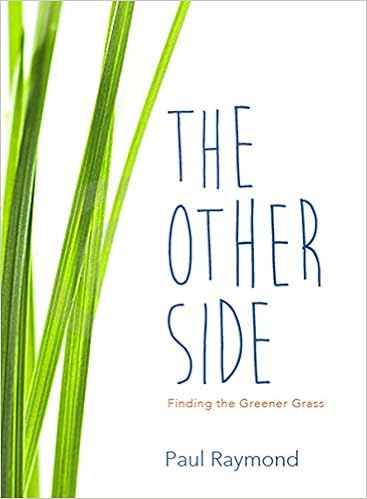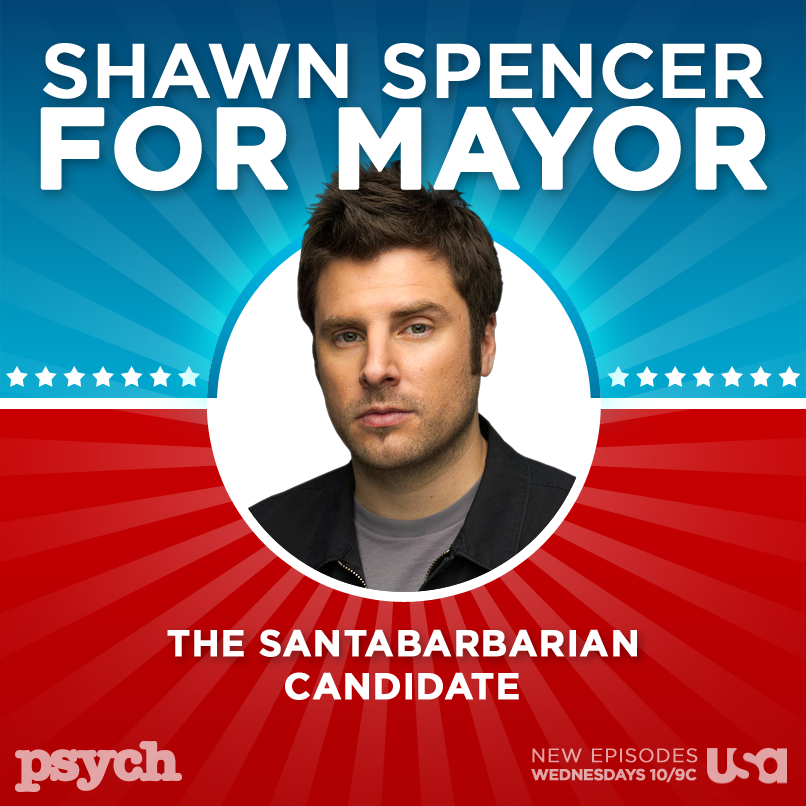Elke had never liked porridge, but his dislike for the bland mush that filled his wooden bowl this morning was dwarfed by his dislike for the look on his mother’s face. He had seen it way too many times this past week, and he knew his best bet was to quietly force himself to swallow his breakfast and disappear for a few hours—but not so far that he couldn’t hear her call his name.
He averted his eyes from hers, sure that her uncanny ability to read them would only spell more trouble for him, and then he wouldn’t be allowed to disappear but instead would be stuck chopping wood, even though winter was a long ways off. He stared at a knot in the table instead and did his best to eat quietly.
Mother was sitting in a chair near the open front door, hand over her eyes and head tilted back against the frame. She usually would have been sitting across from Elke, swatting at his hand if he held the spoon incorrectly, but the head pains always rendered her more quiet and still, and she craved the fresh air without the sounds of Nostos. She looked up now and then to see if he was eating, but that was all.
When he was finished, he did his best to quietly stand up. He winced when his chair squeaked and mother flinched, then carefully rinsed out the bowl using the bucket of water mother kept for that purpose. He kissed her cheek on his way out the door, whispered that he would be back to check on her, then crept away from the house, breaking into a run once he was out of earshot.
“Arato! Get up, you slug! Can’t let Sakuunu see you in bed at this hour!” He slapped on the wood wall of his friend’s home, aiming for the spot where his bed met the wall. Elke paused to listen, then slapped the wooden planks a couple more times for good measure, moving to the front door when he was sure he heard Arato get up.
He bounced a little in his deer-hide shoes while he waited, then opened the door to peek inside just as Arato came scrambling out. “Welcome to the morning, brother!”
“Oh, go eat a pine cone,” Arato said, still adjusting his apprentice necklace, a leather strap ornamented with a metal hoop similar to those that held barrels together.
“I’d rather not be seen eating the ancestors, thanks,” Elke said. He instinctively checked to make sure he hadn’t forgotten to wear his own apprentice necklace with its accompanying miniature cloth stachel, meant to represent the full-sized ones carrying seed. He, however, was carrying a couple coins in his -- something his mother would kill him for if she were to find out.
“So do it at night, when the sane people of this world are asleep.”
“I sleep!”
They had been walking, but at this, Arato stopped and turned toward him, an incredulous look on his face.
“Most of the time,” Elke said, grabbing his friend’s arm to get him going again. “We’re going to miss it. Come on.”
They had just managed to climb into one of the trees when the first girl walked through the meadow. This one was Pylliah, who was too young to have a woman’s figure but too old to bathe with the children. She had carefully wrapped herself in her towel but was walking with a slight cower just the same, hiding herself from the world at large until she could put on her proper clothing. Elke and Arato didn’t waste more than a glance in her direction, instead fixing their gaze on the path to the river, waiting for the next female to emerge.
It turned out Arato’s early wakeup had paid off, because Sakuunu was in the small group of women who followed Pylliah out from the bathing place. Elke had little interest in her, though he could appreciate how her long black hair waved slightly as she walked and the way her towel hung from her figure to reveal its perfection. He knew her to be a tad self-centered and she had mocked him one too many times to earn his desire. Arato was another story; he had been smitten since the day he had first seen her ride one of the village’s horses through the street. Arato had walked into Elke’s home with a glazed look on his face and had stayed that way until Elke had thrown a handful of fish guts at him.
Sakuunu was one of the few to wear her apprentice necklace, ornamented with a miniature horse, to the bathing place. Some of the women were too old to have them and instead wore the armband of their trade, and others, like Pylliah, were as yet too young. Elke and Arato had only received theirs the month before, and Elke was still having a hard time remembering to wear it some days.
Arato scooted forward on the branch he was lying down on, legs holding it tightly beneath him and arms propping his shoulders and head up slightly. The movement caused the tree to shake a little, but it seemed none of the women noticed. There were four of them in Sakuunu’s group, one of whom was her mother. All were wrapped in their towels, feet clad in wooden bathing shoes. They were laughing about something.
Arato scooted forward again, bringing himself to the edge of the leaves, where even one more inch would expose their hiding place. Elke was tempted to either push him off or haul him back in, but indecision about which would be better kept him from doing anything. Besides, there were more women bathing and one may bring him to the edge of his branch, too. He didn’t have his eye on anyone, but he knew that could change any day.
Sakuunu paused before leaving the clearing, gesturing her companions onward and turning back.So she had noticed, then. This ended Elke’s moment of indecision and he leaned forward, shoving Arato to the side. His friend had been too entranced to hold on properly, and the shove sent him crashing to the ground at Sakuunu’s feet.I like this beginning, because I think it is fun and well-written. It introduces some of my main characters in a personable way and gives each a foundation to stand on. My problem with my beginning (it is longer than this) is that it doesn't really take the story anywhere.
So this week, I had the thought to open it in a very dramatic way: a self-defense killing. I wrote it the next day, about 380 words, and am not as impressed with it as with my original beginning. Perhaps I stick my self-defense killing elsewhere in the story?
Truth be told, my main problem is I want to get the story moving but don't feel like a good enough writer to do it justice. I have a basic outline for it in my head and love it, but I feel like except for a few bright spots, like this scene, it's not all that great yet.
Maybe this post is a pep talk, a reminder that I can write well and all writers start somewhere. I defer to Ira Glass to make the motivational point:
“Nobody tells this to people who are beginners, I wish someone told me. All of us who do creative work, we get into it because we have good taste. But there is this gap. For the first couple years you make stuff, it’s just not that good. It’s trying to be good, it has potential, but it’s not. But your taste, the thing that got you into the game, is still killer. And your taste is why your work disappoints you. A lot of people never get past this phase, they quit. Most people I know who do interesting, creative work went through years of this. We know our work doesn’t have this special thing that we want it to have. We all go through this. And if you are just starting out or you are still in this phase, you gotta know it's normal and the most important thing you can do is do a lot of work. Put yourself on a deadline so that every week you will finish one story. It is only by going through a volume of work that you will close that gap, and your work will be as good as your ambitions. And I took longer to figure out how to do this than anyone I’ve ever met. It’s gonna take awhile. It’s normal to take awhile. You’ve just gotta fight your way through.”

















